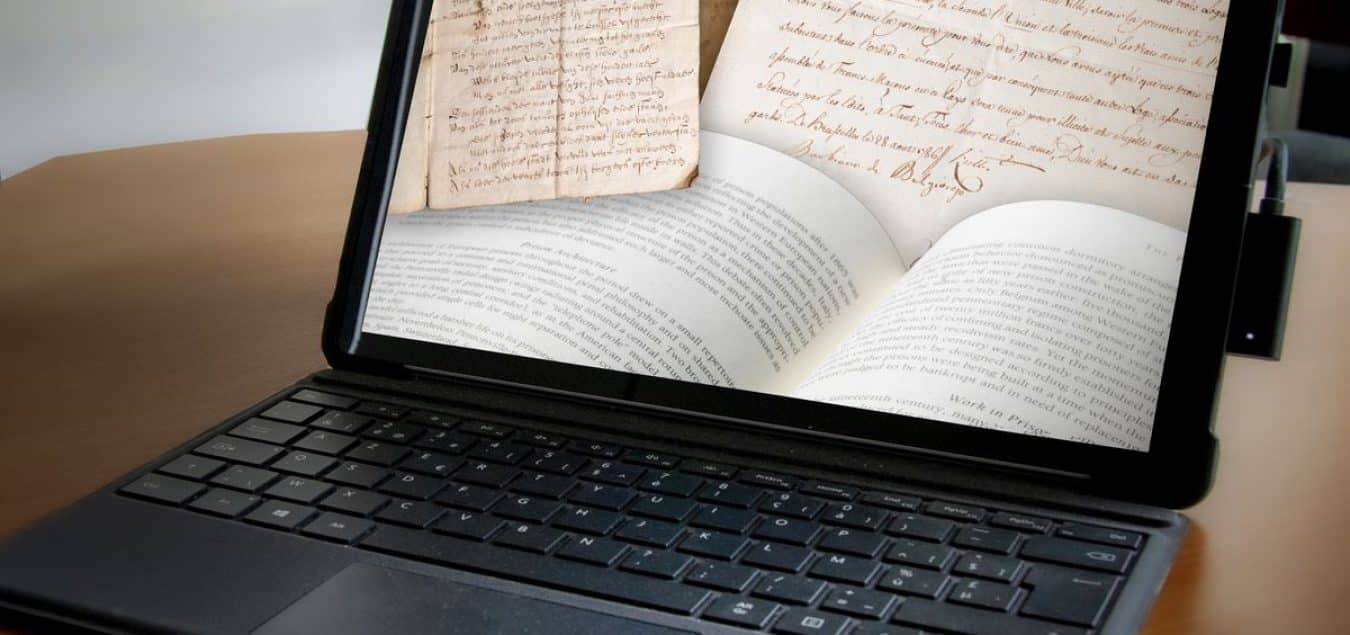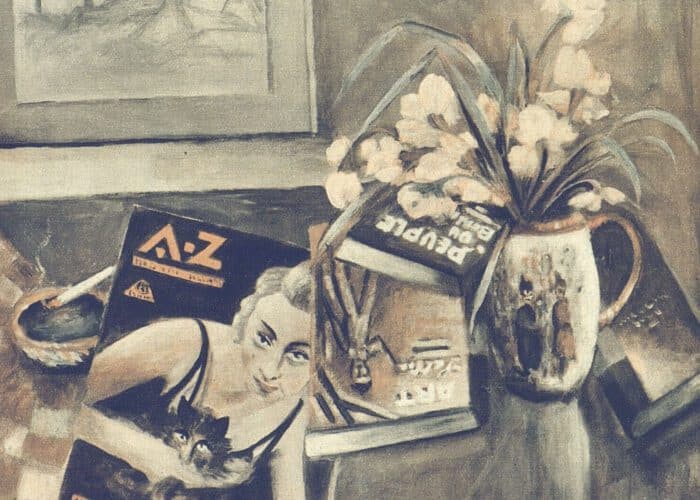
- Cet évènement est passé

Digital Heritage Seminar: International Scholars
Evénement en ligneDigital Humanities Research 2020-2021
Part I. International Scholars
KBR vous invite à participer à une nouvelle série de séminaires sur le patrimoine culturel numérique : le séminaire KBR-ULB-UGent Digital Heritage Seminar.
Lors de la première partie de cette série qui se déroulera d’octobre à décembre, nous accueillerons virtuellement trois chercheurs universitaires. Ils présenteront leurs travaux qui allient collections patrimoniales, méthodes numériques et humanités numériques. Ces exposés, qui porteront sur une variété de sujets, de périodes et de méthodes, seront présentés en anglais. Les séances de questions-réponses se dérouleront en anglais, en français, ou en néerlandais. Le public cible est principalement constitué de chercheurs, mais le grand public est chaleureusement invité à participer aux séminaires.
Cette série de séminaires est co-organisée par les deux labs de KBR : Camille et le Digital Research Lab, en coopération avec l’Université libre de Bruxelles et l’Université de Gand.
Programme
- 12/10: Nicolas Perreaux (LaMOP – Université de Paris 1 Panthéon-Sorbonne) “Historical semantics and digital methods. The case of medieval fatherhood”
Historians (of the Middle Ages) are constantly confronted with the question of the meaning of the words contained in archives, and thus with the question of the reconstruction of past systems of representation. Although a common solution is to evade the problem, considering it as either secondary or insoluble, historical semantics is a possible answer to these challenges. Despite its long tradition, historical semantics has been used only sporadically since the 19th century, mainly for epistemological, disciplinary and technical questions. The arrival of digital tools for modeling semantic fields and their evolution allows us to consider the problem in a new light. This paper will take as an example the question of medieval fatherhood, which places us at the heart of these debates. I will attempt to bring out the specificities of this paternitas, in relation to ours and to ancient paternity, by insisting in particular on the situation of multi-paternity, specific to medieval Europe.
- 10/11: Juliette De Maeyer (Université de Montréal) en Dominique Trudel (Audencia Business School), “Remediating the Intelligence Triangle”
Franklin Ford (1849-1918) is an American journalist, entrepreneur and media theorist who spent his career imagining innovative ways to reform the media ecosystem. Our project explores his contribution to the history of media and communication research and asks how technological utopias from a hundred years ago still resonate today. In this presentation, we will focus on an experiment: we have built a series of ‘bots’ (automated artifacts that dwell on social media platforms and on the internet) that seek to apply Ford’s theory about the circulation of information in society—a theory that he called the « Intelligence Triangle. » By remediating Ford’s oeuvre in unexpected ways, these bots speak to the materiality of digitized archives and keep challenging the difference between ‘old’ and ‘new’ media.
- 08/12: Annemieke Romein (Huygens Instituut voor Nederlandse Geschiedenis, Amsterdam) “Making more of volumes. Dissecting and searching norms in Books of Ordinances (1500-1850s)”
The project Entangled Histories used early modern printed normative texts. The computer used to have significant problems being able to read Dutch Gothic print or even Dutch Roman print, which is used in many of the sources. Using the Handwritten Text Recognition suite Transkribus (v.1.07-v.1.10), we reprocessed the original scans that had poor quality OCR, obtaining a Character Error Rate (CER) much lower than our initial expectations of <5% CER. This result is a significant improvement that enables the searching through 75,000 pages of printed normative texts from 108 books originating from the seventeen provinces. Each text (norm) in the books concerns one or more topics or categories. A selection of normative texts was manually labelled with internationally used (hierarchical) categories. Using Annif, a tool for automatic subject indexing, the computer was trained to apply the categories by itself. Automatic metadata makes it easier to search relevant texts and allows further analysis.
Durée: 1h30
Inscrivez-vous ici
L’inscription est gratuite mais obligatoire. Le matin du jour de l’évènement, vous recevrez un lien vers la vidéoconférence. Si vous avez la moindre question, n’hésitez pas à nous envoyer un e-mail : whyvr.ovexubym@xoe.or ou nagbvar.wnpdhrg@xoe.or.


